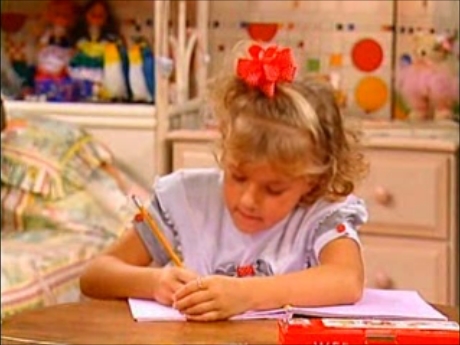Oh wow. I am still on such an amazing high after today's Educamp Wellington.
In October last year at ULearn, a few interested educators from Wellington got together informally to discuss making a more formalised connection. From this WellyEd was born. In November we had our first meeting and decided to host an Educamp. We discussed the essence of what an Educamp was (free flowing, knowledge in the room, people connecting, discussions) and built our ideas on that. We spent the next few months planning and promoting the event proving that not only is it great to have a big team of people helping out but collaborating together is special all in itself. Today all that hard work paid off.
Full house here for #educampwelly pic.twitter.com/d7qspvwrgb
— Jess Weichler (@jlweich) February 27, 2015
To be honest it is always a bit nerve-wrecking when you are hosting an event. Especially one that has nothing planned! The Smackdown was a great way to start firing up some ideas.
#educampwelly coming together! pic.twitter.com/DCwpxyM8Sb
— Welly ED (@Welly_ED) February 27, 2015
And then it was systems all go!
The sessions that I attended were:
- Solo Taxonomy (lead by the wonderful +Sonya Van Schaijik)
- Minecraft (where +Steve Katene shared lots of his knowledge)
- Genius Hour (where I lead the discussion)
- Design Thinking (where I made +Matt Ives share all his knowledge)
Then we all shared some kai together thanks for Network 4 Learning (thanks +Tim Kong) and then hit the pub! The learning just never stops happening. All those informal conversations you have with people are so valuable.
My takeaway things to go and implement from today are:
- To start using Solo Taxonomy in my class (thanks +Sonya Van Schaijik)
- To hunt down "Notebook How To" the book suggested by +Tara Taylor-Jorgensen about slowing down writing
- To access the crowdsourced documents that +Anne Kenneally has collated and that @jackbillie35 shared.
- Add a creative commons to my blog (thanks +Diana-Grace Morris)
- Watching some stuff on Cell Storming (thanks +Matt Ives) and make myself some hexagons, laminated of course (thanks +Paula Hay)
- Read all the links that people have shared with me.
- Confirm a date for the WellyEd end of term drinks with my co-conspirator +Rebbecca Sweeney
- Organise a Maker Party for my class with Jess Weichler
- Start planning a road trip to #educampHB to see +Juliet Revell
Woah a big list I know but hey it's good to keep the energy and the connections going.
Thanks to everyone that attended today and shared their knowledge. Still the best professional development that money can't buy (because it's free!)





